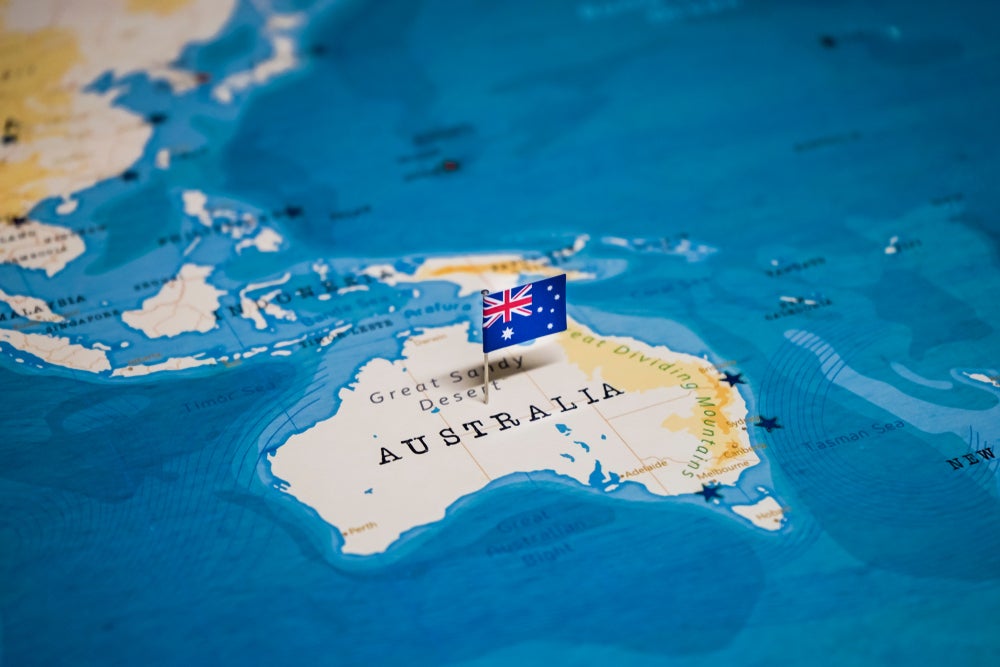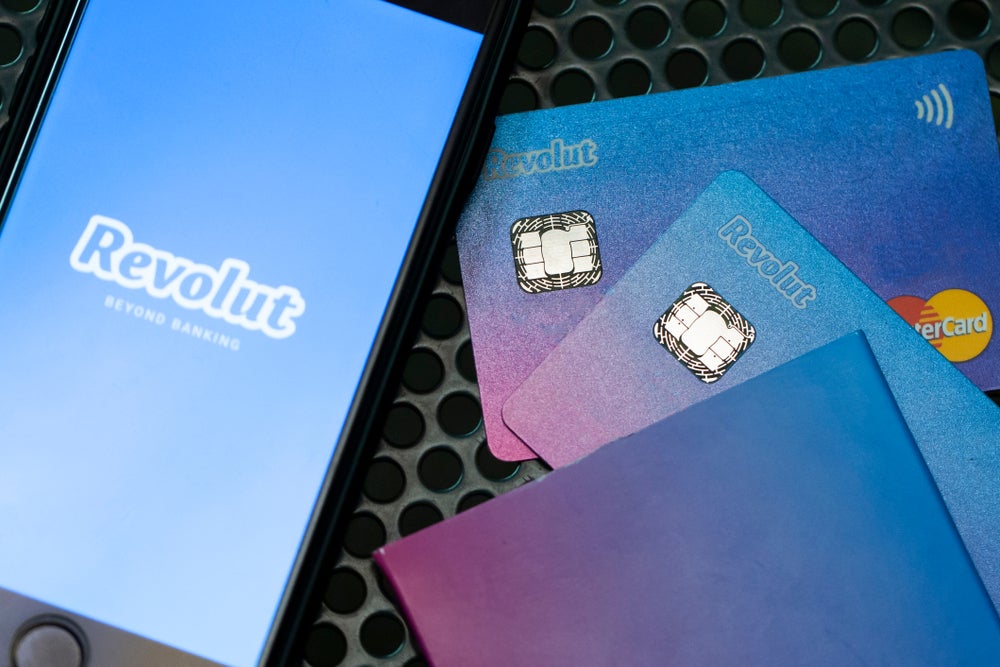Cash remains the dominant payment method, but card payments are increasing in popularity in the UAE. In particular, they are being boosted by government financial inclusion programmes, promotional campaigns by banks, the adoption of EMV, and a growing contactless infrastructure
Cash remained the predominant payment instrument between 2011 and 2015, accounting for 88.7% the country’s payments transaction volume in 2015. This was primarily because consumers in the UAE view cash as a quick and safe payment option, over which they have control.

According to a survey by Network International in August 2015, cash was the most popular payment method among Emirati consumers in 10 of 12 purchase categories. The survey found that only 12% of consumers use debit cards four or more times a week, 15% two to three times a week, and more than 50% only use a debit card once or less than once a week.
Consumers were more inclined to use credit cards, with 16% use them four or more times a week, 17% using them two to three times a week, and 37% using them once a week or less.
Card payments are gradually increasing in prominence, supported by government financial inclusion programmes, promotional campaigns by financial institutions and the adoption of EMV and contactless. The frequency of use of payment cards in the UAE stood at 47.6 in 2015 – higher than peers such as Lebanon (31.6), Oman (23.1) and Bahrain (16.9).
How well do you really know your competitors?
Access the most comprehensive Company Profiles on the market, powered by GlobalData. Save hours of research. Gain competitive edge.

Thank you!
Your download email will arrive shortly
Not ready to buy yet? Download a free sample
We are confident about the unique quality of our Company Profiles. However, we want you to make the most beneficial decision for your business, so we offer a free sample that you can download by submitting the below form
By GlobalDataTo promote cashless payments, 16 equity partner banks – NBAD, ADCB, ADIB, Mashreq Bank, Dubai Islamic Bank, CBD, Rakbank, UNB, Al Hilal Bank, SIB, Al Masraf, Bank of Sharjah, Invest Bank, UAB, NBF and NBQ – agreed to implement a mWallet platform in August 2016.
This platform is regulated by the central bank and developed under the supervision of the UAE Banks Federation – a body which aims to promote and improve the UAE’s banking sector. The platform aims to provide the unbanked population with access to basic financial services.
Financial inclusion initiatives
Improving financial inclusion has driven the adoption of debit cards in the UAE. The government introduced the Wages Protection System (WPS) in January 2009, requiring the payment of salaries through banks or other financial institutions.
It is an electronic wage transfer system that offers transparency to both domestic and foreign workers, and addresses delayed payments or non-payments. All institutions registered with the Ministry of Labour come under the purview of the WPS.
As of October 2015, there were 4.6 million foreign workers registered with the Ministry of Labour, of which 3.5 million were enrolled in the WPS.
The percentage of the population aged 15 or above with a bank account rose from 59.7% in 2011 to 87.5% in 2015, according to the World Bank’s Global Findex survey.

Immigrant population
The UAE is home to numerous immigrants. In 2015, there were 4.5 million expatriate workers, accounting for nearly half of the total population. The immigrant population accounted for 88.4% of the resident population in 2015, according to the International Organisation for Migration. Many expatriate workers use prepaid cards to remit funds to their home countries.
In February 2016, UnionPay International collaborated with banks in the UAE to issue an EMV prepaid salary card. The card is compliant with the WPS and enables banks to offer a secure form of wage payment to workers. The prepaid card transaction value more than doubled from 2011 to reach $10.6bn in 2015.
Alternative payment solutions
The uptake of alternative payments among the Emiratis is gaining traction with the introduction and availability of various solutions. In August 2016, Emirates NBD launched the Emirates NBD Pay mobile contactless payment solution in the UAE. The app enables bank Visa cardholders to instantly pay for in-store purchases with an Android handset.
PayPal, Visa Checkout, MasterPass and Network Online (NeO) all have presences in the country. MasterCard partnered with Rakbank, Mashreq Bank and Emirates NBD to launch the MasterPass digital wallet in the UAE in November 2014.
MasterPass allows consumers to store payment, shipping and billing address details in one place, and use any payment card to make online and in-store payments.
Following the launch of MasterPass, Visa launched Visa Checkout in April 2015. In October 2015, Network International, launched NeO, an online payment gateway that can be used to make online payments using a Visa, MasterCard, American Express, Diners Club, Discover or Mercury card.








